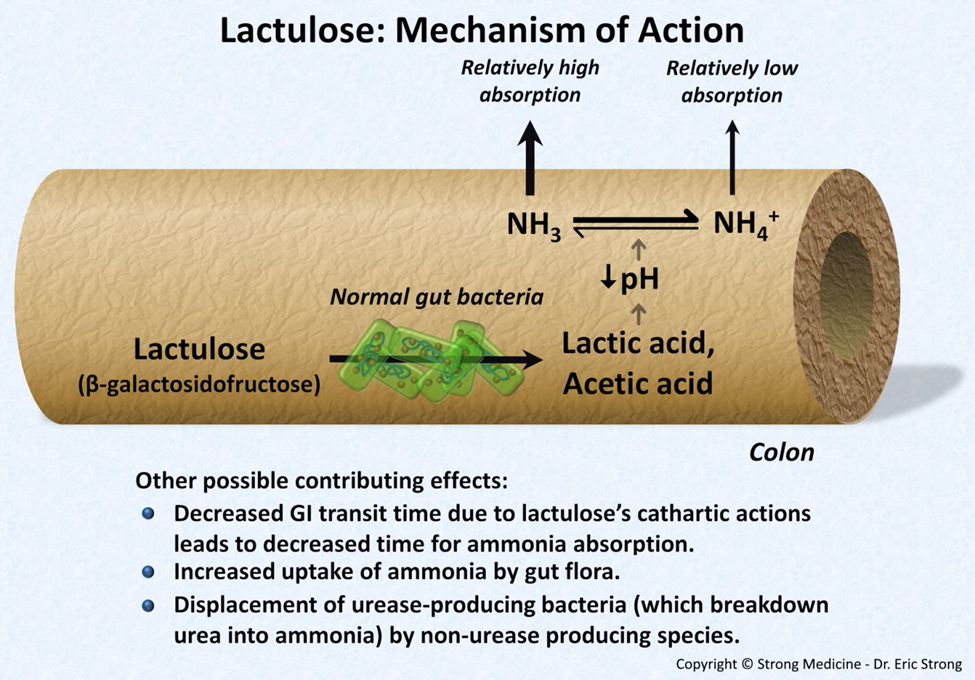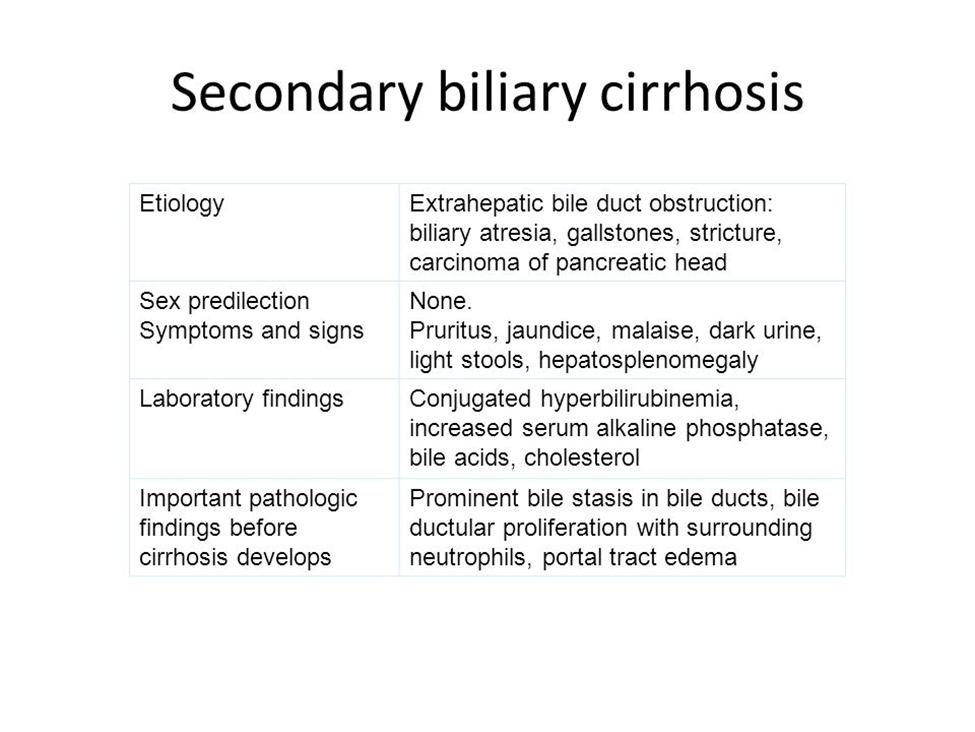A nurse is reviewing the medication list for a client who has a new diagnosis of type 2 diabetes mellitus. The nurse should recognize which of the following medications can cause glucose intolerance?
Atorvastatin
Prednisone
Ranitidine
Guaifenesin
The Correct Answer is B
A. Atorvastatin: Atorvastatin is a statin medication used to lower cholesterol levels. It is not known to cause glucose intolerance.
B. Prednisone: Prednisone is a corticosteroid and can cause glucose intolerance by increasing blood glucose levels. Corticosteroids can lead to insulin resistance, impaired glucose utilization, and increased gluconeogenesis.
C. Ranitidine: Ranitidine is an H2 receptor antagonist used to reduce stomach acid production. It is not known to cause glucose intolerance.
D. Guaifenesin: Guaifenesin is an expectorant used to help loosen mucus in the airways. It is not known to cause glucose intolerance.

Nursing Test Bank
Naxlex Comprehensive Predictor Exams
Related Questions
Correct Answer is B
Explanation
A. Lactulose is not used to decrease potassium levels. It is a laxative that works by drawing water into the colon, softening stools and promoting bowel movements.
B. Lactulose is used to decrease ammonia levels in clients with cirrhosis. Ammonia is a byproduct of protein metabolism, and when the liver is compromised, it may not effectively convert ammonia into urea, leading to elevated ammonia levels in the bloodstream. Lactulose helps reduce ammonia absorption in the colon.
C. Lactulose does not decrease glucose levels significantly. It is not primarily used as an antidiabetic medication.
D. Lactulose does not affect bicarbonate levels significantly. It primarily targets ammonia reduction in clients with cirrhosis.

Correct Answer is A
Explanation
A. Obstruction of the bile duct:
Biliary cirrhosis can result from chronic obstruction of the bile ducts, leading to damage to the liver tissue. This obstruction can be due to various causes, such as gallstones or strictures.
B. Hepatotoxic medications:
While certain medications can contribute to liver damage, biliary cirrhosis specifically refers to conditions affecting the bile ducts. Hepatotoxic medications may contribute to cirrhosis but not necessarily biliary cirrhosis.
C. Hepatitis C:
Hepatitis C is a viral infection that primarily affects the liver. While chronic hepatitis C infection can lead to cirrhosis, it is not synonymous with biliary cirrhosis.
D. Excessive alcohol consumption:
Excessive alcohol consumption is a common cause of cirrhosis, but biliary cirrhosis specifically refers to cirrhosis resulting from chronic obstruction of the bile ducts.

Whether you are a student looking to ace your exams or a practicing nurse seeking to enhance your expertise , our nursing education contents will empower you with the confidence and competence to make a difference in the lives of patients and become a respected leader in the healthcare field.
Visit Naxlex, invest in your future and unlock endless possibilities with our unparalleled nursing education contents today
Report Wrong Answer on the Current Question
Do you disagree with the answer? If yes, what is your expected answer? Explain.
Kindly be descriptive with the issue you are facing.
